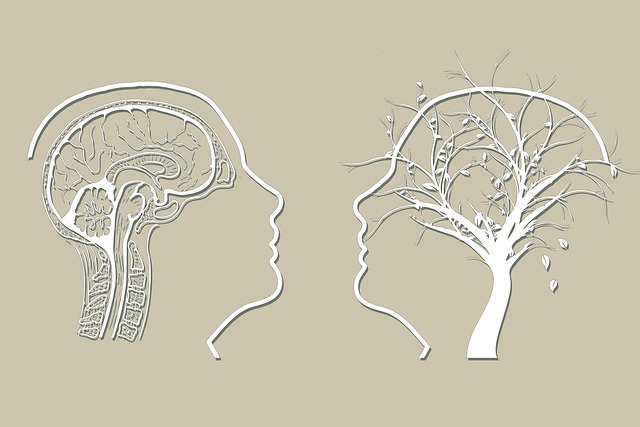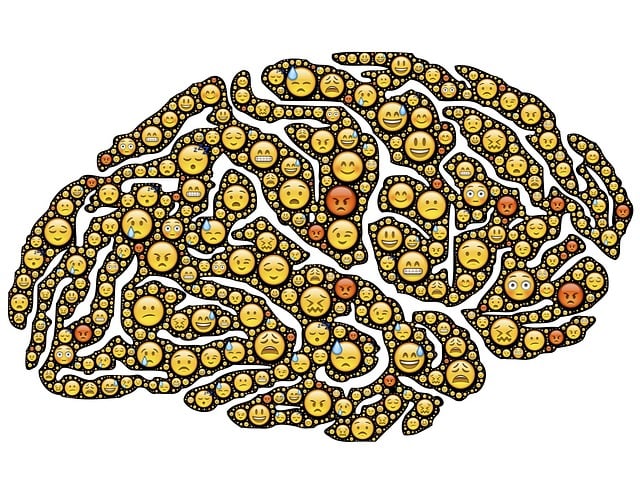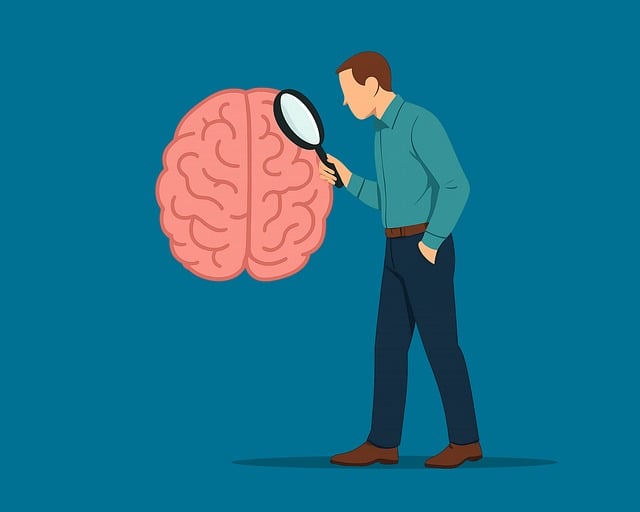Englewood Domestic Violence Therapy is leading the charge against mental illness stigma through education, awareness, and empathy. By providing a safe space, tailored programs, and community engagement, they empower individuals to open up about their struggles and seek professional help. Their efforts contribute significantly to breaking down barriers, fostering open conversations about mental health, and reducing discrimination associated with mental illness in society and clinical settings.
Mental illness stigma, a pervasive barrier to treatment, continues to affect millions worldwide. This article explores comprehensive strategies to reduce this damaging social construct, from clinical settings to policy advocacy. We delve into the root causes of mental health stigma, its profound societal impact, and effective approaches like education initiatives and community engagement. By examining these efforts, we aim to foster understanding and promote equality in access to mental health services, ultimately benefiting individuals seeking support, such as those engaged in Englewood Domestic Violence Therapy.
- Understanding the Stigma Surrounding Mental Illness
- The Impact of Stigma on Individuals and Society
- Strategies for Reducing Stigma in Clinical Settings
- Community Engagement and Education Initiatives
- Policy Changes and Advocacy for Mental Health Equality
Understanding the Stigma Surrounding Mental Illness

Stigma surrounding mental illness remains a significant barrier to individuals seeking help and support for their well-being. Often characterized by misconceptions and fear, this stigma can lead to discrimination, isolation, and even avoidance of necessary treatment. Many associate mental health issues with weakness or personal failure, which is far from the truth. Mental illnesses, such as depression, anxiety disorders, and schizophrenia, are medical conditions that affect a person’s thinking, feeling, and behavior—no different from physical ailments like diabetes or heart disease.
At Englewood Domestic Violence Therapy, we recognize the profound impact of stigma on individuals’ lives. It can prevent people from discussing their struggles openly, seeking professional help, or even admitting they need support. This is where our efforts in stigma reduction come into play. We provide a safe and non-judgmental space for clients to explore and understand their mental health journey. Through various programs and services, including trauma support and conflict resolution techniques designed to foster inner strength development, we aim to educate, raise awareness, and promote empathy within the community. By breaking down these barriers, we encourage open conversations about mental illness and create an environment where everyone feels empowered to seek the help they deserve.
The Impact of Stigma on Individuals and Society

The impact of stigma on individuals with mental illness is profound and far-reaching. It often leads to feelings of isolation, shame, and embarrassment, causing many to hide their conditions or avoid seeking help altogether. This internalized stigma can significantly hinder one’s ability to cope with symptoms, leading to a cycle of worsening mental health. For instance, an individual struggling with anxiety disorders might avoid social situations due to fear of judgment, limiting their support network and hindering their development of essential coping skills.
At the societal level, stigma perpetuates misconceptions and contributes to discrimination. It can affect opportunities for employment, housing, and even access to healthcare. This creates a barrier for individuals seeking treatment, such as those who might benefit from services provided by Englewood Domestic Violence Therapy or similar organizations. Public Awareness Campaigns Development focused on education and empathy are crucial in combating this stigma. By fostering understanding and encouraging open dialogue, communities can create an environment where individuals feel safe to discuss their experiences, seek support, and manage their moods effectively through appropriate strategies like those taught during Coping Skills Development programs.
Strategies for Reducing Stigma in Clinical Settings

Reducing stigma in clinical settings is a multifaceted approach that can significantly impact how individuals with mental health conditions are perceived and treated. One effective strategy involves training healthcare professionals to display empathy and compassion, fostering an environment where patients feel understood and supported. This includes incorporating compassion cultivation practices into the curriculum for medical students and therapists to enhance their ability to connect with clients on a deeper level. By modeling empathetic behavior, professionals can challenge negative stereotypes and create a safe space for open conversations about mental health struggles.
Additionally, integrating public awareness campaigns development tailored to clinical settings can play a vital role in stigma reduction. These campaigns can focus on educating staff and visitors about the nature of various mental illnesses, promoting understanding, and encouraging non-judgmental attitudes. For instance, an initiative centered around Englewood Domestic Violence Therapy could highlight successful recovery stories, emphasizing the effectiveness of treatment programs while normalizing the experience of seeking help for mental health concerns. Such efforts contribute to breaking down barriers and fostering a more inclusive healthcare environment.
Community Engagement and Education Initiatives

Community Engagement and Education Initiatives play a pivotal role in the Mental Illness Stigma Reduction Efforts. Organizations like Englewood Domestic Violence Therapy are at the forefront, utilizing innovative strategies to foster understanding and empathy. Through workshops, seminars, and interactive sessions, they break down misconceptions surrounding mental health issues, emphasizing that these conditions are as real and treatable as any physical ailment. These initiatives aim to educate both communities and individuals on recognizing signs of stress management challenges and anxiety relief, encouraging early intervention and support.
Englewood Domestic Violence Therapy’s community engagement isn’t just about raising awareness; it involves empowering people with tools for self-care and resilience. They offer resources tailored to diverse populations, acknowledging that mental illness doesn’t discriminate. By engaging in open dialogues and providing accessible platforms for discussions, they contribute significantly to reducing the stigma associated with seeking therapy or admitting to struggling with mental health. This approach fosters a supportive environment where individuals feel comfortable discussing their experiences without fear of judgment.
Policy Changes and Advocacy for Mental Health Equality

Policy changes and advocacy are powerful tools in the fight against mental illness stigma. By pushing for equal treatment and access to care, organizations like Englewood Domestic Violence Therapy contribute to a more inclusive society. This involves tackling discriminatory laws and practices, ensuring mental health services are integrated into primary healthcare systems, and promoting education on mental wellness at all levels of government. Advocacy efforts also focus on creating safe spaces and support networks for those struggling with mental health issues, fostering an environment where individuals feel empowered to seek help without fear of judgment.
In addition to policy reforms, coping skills development and burnout prevention strategies for healthcare providers are integral components of stigma reduction. Encouraging self-care practices among healthcare professionals ensures they can continue offering their services effectively. Programs like Mental Wellness Coaching can be implemented to support both mental health practitioners and those they serve, fostering a culture that values open dialogue about mental wellness. These initiatives collectively contribute to breaking down societal barriers related to mental illness, moving towards a more compassionate and supportive community for all.
Mental illness stigma reduction is a multifaceted approach that requires efforts from clinical settings, communities, and policy-makers. By fostering understanding, implementing educational initiatives, and advocating for mental health equality, we can create a more inclusive society where individuals like those seeking help at Englewood Domestic Violence Therapy feel supported rather than stigmatized. Through collaborative actions, we can break down barriers and ensure everyone receives the care they need.














